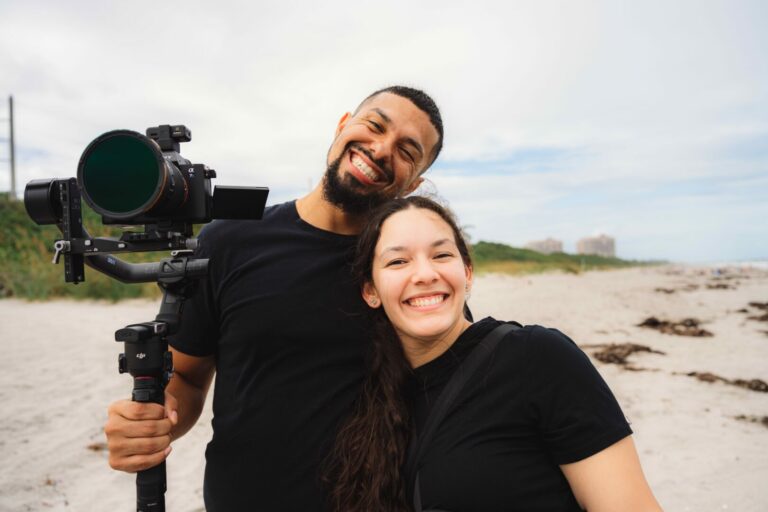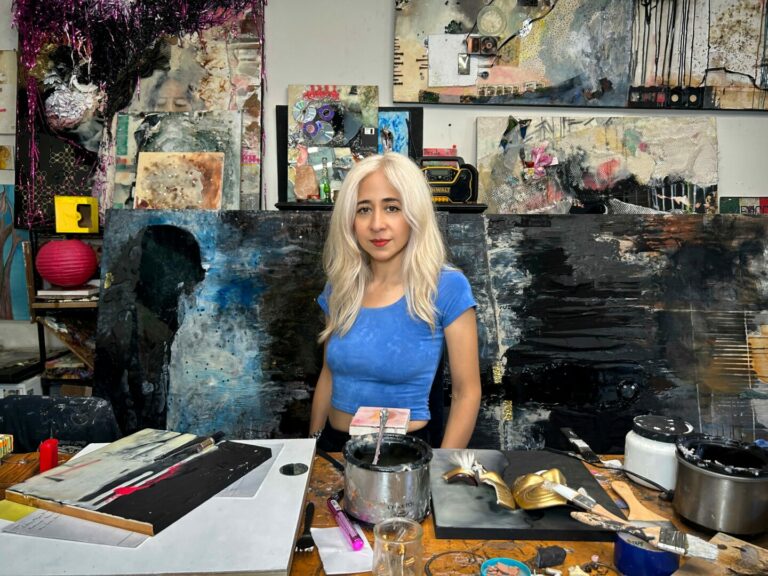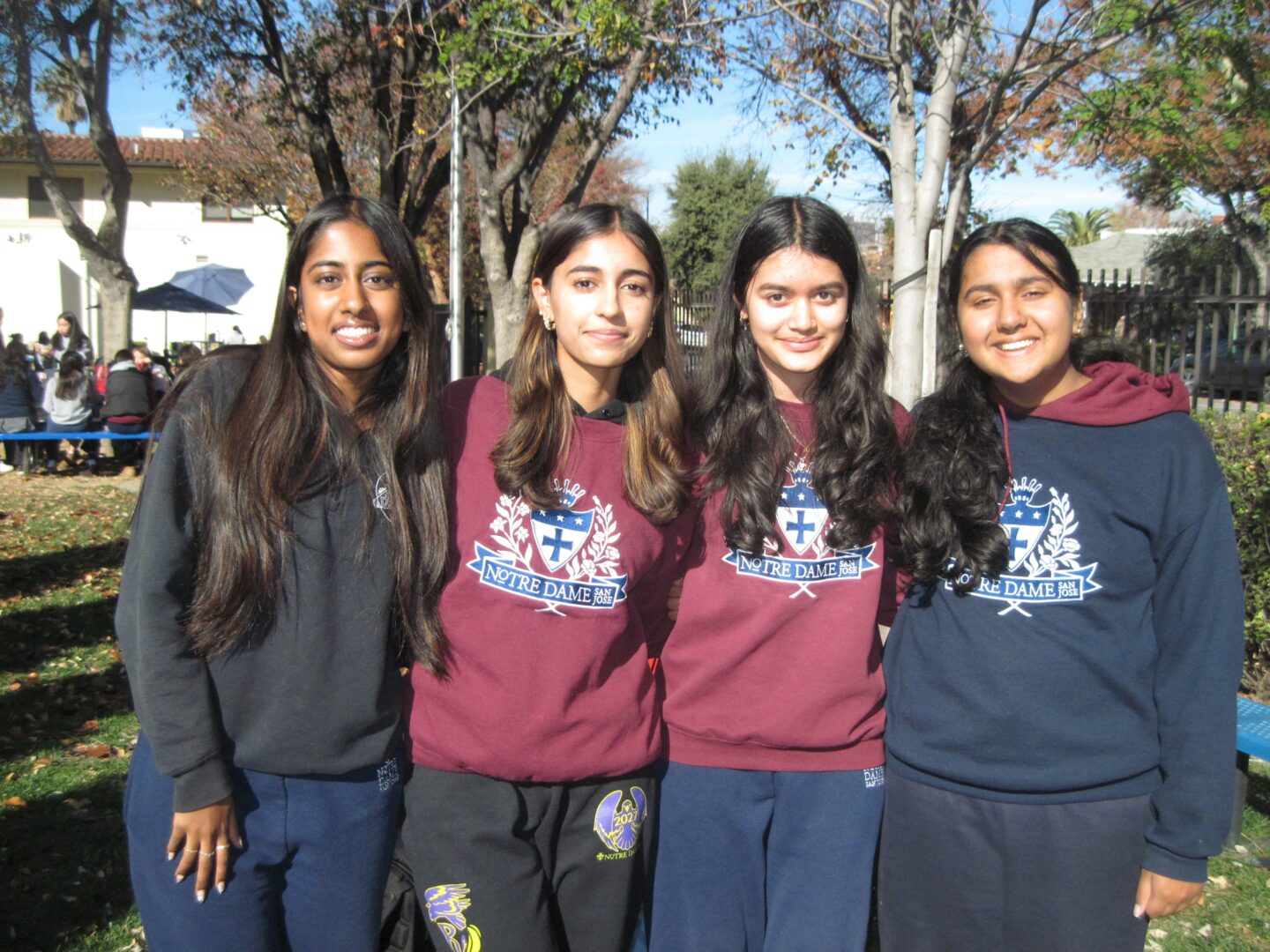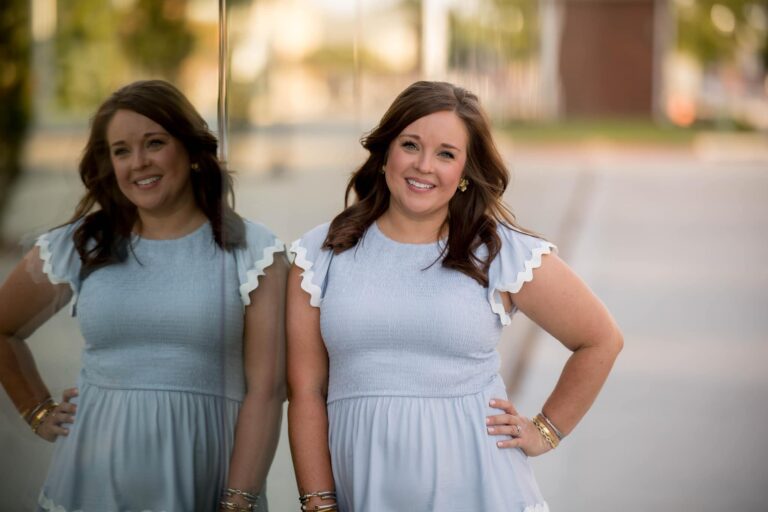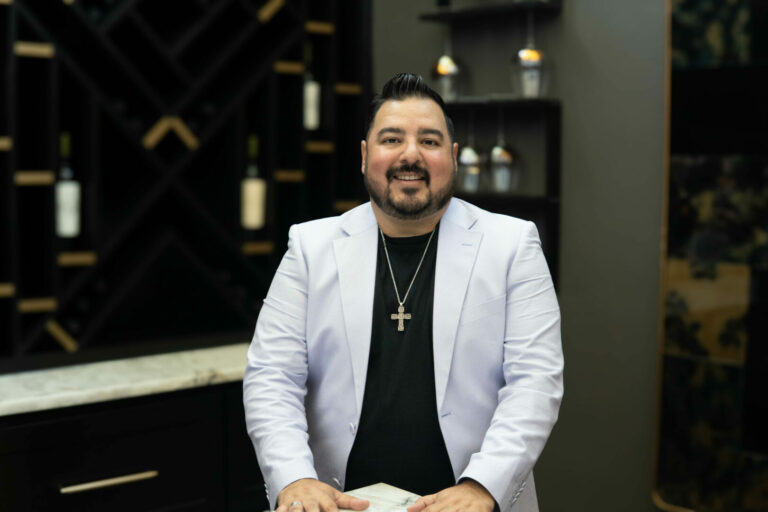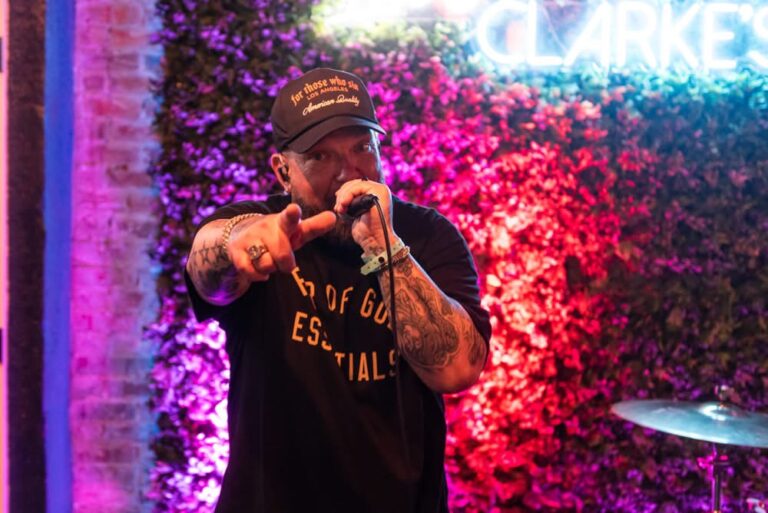Alright – so today we’ve got the honor of introducing you to Jayson Johnson. We think you’ll enjoy our conversation, we’ve shared it below.
How does it feel when people overlook you or flat out don’t believe in you as a filmmaker?
Initially, I didn’t take the industry’s indifference personally; after all, it’s notorious for its merciless churn. However, as I began to excel and continued to be overlooked, I couldn’t help but feel a sense of indignation. Here I was, investing considerable effort and yet, remaining sidelined.
Rather than expressing my frustration externally, I channeled it into an intensified commitment to my craft. This disciplined focus propelled me to even greater accomplishments, but it also illuminated a harsh reality: no matter what you do, some people will persistently overlook or undervalue your contributions. Ironically, these are the very individuals who can catalyze your journey towards monumental success. They serve as the fuel that ignites an unwavering resolve.
Conversely, there’s another set of individuals—the ones who have believed in you all along. These are the people to whom you extend your gratitude and loyalty. As for those who overlooked you? They become inconsequential the moment you achieve the level of success that you’ve always known was within your grasp.

How important is networking in filmmaking, and what are the best ways to build meaningful connections?
The adage “It’s not what you know, but who you know” resonates profoundly in the filmmaking industry, a realm inherently collaborative in nature. Connecting with like-minded professionals can significantly influence the trajectory of your career, transforming it from aspirational to viable. However, while networking lays the cornerstone, it’s equally imperative to seek and apply relevant information. Knowledge, when thoughtfully applied, becomes an empowering tool that can propel you toward unparalleled success. In essence, the confluence of the right relationships and actionable knowledge serves as the fulcrum for a fulfilling and successful career in filmmaking.
Tell me about things you had to give up to continue your filmmaking journey?
Throughout this journey, I’ve had to distance myself from friends and family who imposed their limiting beliefs upon me. Comments like “you’re delusional” or “you’ll never make it,” were delivered under the guise of love and concern. However, I’ve come to understand that such remarks often emanate from individuals who have not fulfilled their own dreams. Encountering someone else ardently pursuing their aspirations can trigger a sense of inadequacy, prompting them to project their own frustrations onto you. The intent, albeit subconscious, is to bring you down to their level of unfulfilled potential. Recognizing this has been liberating, allowing me to seek environments that are nurturing to my ambitions rather than stifling.
How did you navigate the financial challenges and uncertainties often faced by beginner filmmakers?
To sustain my film career, I opted for a minimalist lifestyle by living in my van. This allowed me to redirect the funds typically allocated for rent toward honing my craft and advancing my career. For four years, I immersed myself in mastering the nuances of marketing and monetizing my filmmaking skills. This focused commitment eventually bore fruit, leading me to stable opportunities that not only provided a decent livelihood but also enabled me to passionately pursue my film endeavors.
Were there any crucial lessons on storytelling or script writing that you learned the hard way?
Yes! I’ve always been someone who’s had ideas but early on I learned there’s a big difference from someone who has ideas to someone who can actually write them out in a way talent and crews can read it and get excited about it. I learned this lesson the hard way in the beginning of my career where I would shop my ideas to other screenwriters who just weren’t interested in the idea taking direction from someone who couldn’t write. It was hard for me because I knew these ideas were great, but without having the skill of screenwriting I had nothing. That’s when I started reading other screenplays from films I loved and started the long tedious process of learning how to screenwrite. At first the scripts I produced were absolute trash. Actors were confused about the director and producers weren’t clear on the message. Over time I eventually got better where I felt more confident in my writing ability even getting to the point where I submitted my screenplays to writing competitions. Looking back I’m glad the other screenwriters were resistant to help me had they just agreed I would have never had this opportunity to learn screenwriting which would have greatly limited my ability to grow as a film director.
The odds of becoming a successful filmmaker are astounding, why would you knowingly attempt a journey known for such a high failure rate?
Without a shadow of doubt taking this journey to become a film director is the hardest thing I’ve ever attempted. But when I started I had no idea it would be this difficult. When I started I was swept into the romance show business, the red carpet, award shows, etc… I jumped feet first into something I didn’t know that much about but quickly learned that there’s a reason why ‘business’ is twice as long as the word ‘show’. I think the only thing that’s kept me going is when I commit myself to something I never quit. Otherwise I would have failed a long time ago.
Have you been successful in maintaining friends and relationships during this journey? If no, explain why not.
The film industry really is like a set of tribes, where filmmakers gravitate towards their own tight-knit communities. When I first dipped my toes in this world, I had a circle of filmmaker friends, each of us bursting with ambition and creativity. But as time unfolded, our paths diverged for a host of reasons—ranging from creative disagreements to even differing political stances. Now, I find myself collaborating with the same core team for every project.
Looking back, it all makes sense. It’s crucial to work with individuals who not only align with your creative vision but also gel with you on a personal level. When the vibe is right, magic happens. I mean, just look at Martin Scorsese and Thelma Schoonmaker—a dynamic duo for over 50 years. Their enduring partnership says it all. You need that kind of harmony to truly thrive in this industry.
Was there a time where you decided to give up on filmmaking, If yes, what made you tough it out?
Haha, just about everyday. I often think about what my life would have been if only I decided to be an accountant or a dentist. Maybe then I’d be fully vested in my 401K and take a yearly trip to Disneyland. Maybe… But that’s when I think of the magic of film and how much I love it. As hard as I’ve tried to let this dream go, I just can’t. I love it too much and have to see this through to the very end even if it means I lose everything. I suppose Alejandro Inarritu is right by stating, “Filmmaking can give you everything, but at the same time, it can take everything from you.”
Can you share an instance where a failure or setback provided a significant learning opportunity?
Yes. Earlier on in my career I was convinced other people in the film industry knew more than I did. I didn’t go to film school and was naive so whenever I met someone in the film industry I automatically thought they had a ton of experience and knowledge I could learn from. In one case I met this guy on LinkedIn who branded himself as an executive director getting ready to do a huge film with Charlize Theron and a slew of other A list actors. I thought this guy was the missing link in my career and could help me to get to where I was going in the industry. But after treating this guy to dinner and running up a large bar tab on my dime, I found out he was completely full of sh*t. He didn’t have any film connections and the projects on his IMDB were completely fabricated. After this experience I decided to take myself more seriously knowing that at least I’m honest about what I bring to the table.
How important is it to have mentors in filmmaking, and how did you go about finding the right ones?
Very important! Having the opportunity to take advice and mimic those can give you sound advice makes all of the difference in the world. I know this because I still haven’t landed a mentor. I feel like there’s so much time and errors I could have saved myself from had I had a mentor. Hopefully someday soon I find a mentor, I’m still looking!
Contact information:
Suggest a Story: BoldJourney is built on recommendations from the community; it’s how we uncover hidden gems, so if you or someone you know deserves recognition please let us know
here.






